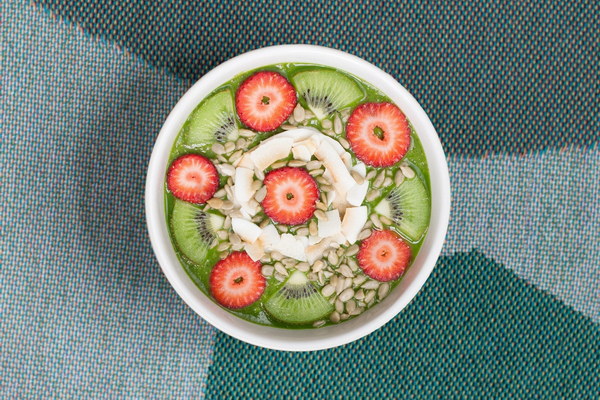Effective Body Tuning Techniques for Individuals with ADHD A Comprehensive Guide
Attention Deficit Hyperactivity Disorder (ADHD) is a common neurodevelopmental disorder that affects both children and adults. Individuals with ADHD often face challenges in managing their attention, impulsivity, and hyperactivity. While medication can be an effective treatment option, it is also crucial to focus on body tuning techniques to enhance overall well-being. This article aims to provide a comprehensive guide on how individuals with ADHD can tune their bodies for better management of symptoms.
1. Regular Exercise
Regular physical activity is vital for individuals with ADHD, as it helps in managing stress, improving focus, and reducing hyperactivity. Engaging in aerobic exercises, such as walking, cycling, or swimming, for at least 30 minutes a day can significantly benefit those with ADHD. Exercise stimulates the release of endorphins, which are natural mood lifters and can help in regulating emotions.
2. Mindfulness and Meditation
Mindfulness and meditation are excellent techniques to improve focus, reduce stress, and enhance emotional regulation in individuals with ADHD. These practices involve paying attention to the present moment and observing thoughts and feelings without judgment. Mindfulness can be achieved through various methods, such as guided meditation, yoga, or deep breathing exercises. Regular mindfulness sessions can help individuals with ADHD in staying grounded and managing their symptoms more effectively.
3. Balanced Diet

A well-balanced diet is essential for overall health and well-being, and this is no different for individuals with ADHD. A diet rich in whole grains, fruits, vegetables, lean proteins, and healthy fats can improve cognitive functions and energy levels. It is also crucial to limit the intake of processed foods, sugar, and caffeine, as they can exacerbate ADHD symptoms.
4. Sufficient Sleep
Adequate sleep is crucial for individuals with ADHD, as it helps in regulating mood, attention, and cognitive functions. Aim for 7-9 hours of sleep per night and establish a consistent sleep schedule. Establishing a calming bedtime routine, such as reading or taking a warm bath, can help in promoting better sleep.
5. Time Management and Organization
One of the primary challenges for individuals with ADHD is time management and organization. Developing strategies to organize daily tasks, set priorities, and allocate time effectively can significantly improve productivity and reduce stress. Utilize tools such as planners, to-do lists, and apps to help manage tasks and appointments.
6. Social Support
Building a strong support system is crucial for individuals with ADHD. Reach out to friends, family, or support groups to share experiences, receive guidance, and find encouragement. Joining a support group can provide valuable insights and practical advice from others who understand the struggles of living with ADHD.
7. Professional Guidance
Consulting with healthcare professionals, such as psychologists, psychiatrists, or counselors, can be beneficial in managing ADHD symptoms. They can provide personalized strategies, recommend treatments, and offer emotional support. Collaborating with professionals can help in creating a tailored plan to address individual needs and challenges.
In conclusion, while medication is an essential component of ADHD treatment, body tuning techniques play a vital role in improving overall well-being and managing symptoms. By incorporating regular exercise, mindfulness, a balanced diet, sufficient sleep, effective time management, social support, and professional guidance, individuals with ADHD can enhance their quality of life and better manage their symptoms. Remember, it is essential to experiment with different techniques and find what works best for you.









